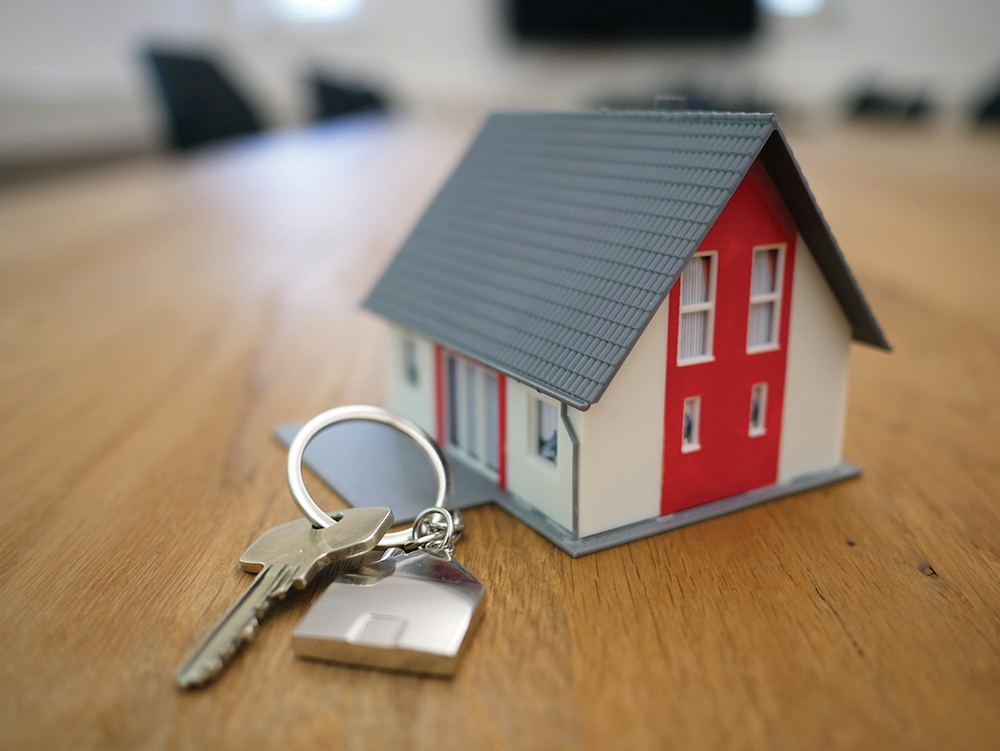The choice between stocks and real estate as investments is a bit of a false dichotomy. Obviously, we can include both in our portfolio, but most people tend to choose one or the other. It’s been said that everyone is deep down either an Elvis fan or a Beatles fan (but not both), and in the same way, most people either believe in the value of the stock market or they believe in the value of real estate. There’s not much gray area in between.
Real estate generally has a lower expected return than stocks, for good reason. While there can be spurts of strong real estate performance, Robert Shiller’s data shows that real returns (aka after inflation) in the U.S. housing market have been only about 0.8 percent per year since 1890. Even this return may be an anomaly — the increasing availability of mortgage loans and current low interest rates probably contributed. This makes sense: If real estate outperformed inflation meaningfully over time, as decades turn into centuries housing would become completely unaffordable. According to S&P, the real returns of U.S. stocks since 1872 has been around 6.8 percent — a vastly larger number.
There are many good reasons to own your own house, but an eventual financial windfall is not as attractive as you might think. Many of us know people who owned a house for a short time and sold it just a few years later, ending up with a large lump sum. These things happen, but in the last 40 years (through June 30th) the median home price in the U.S. has only risen from $69,400 to $374,900, which seems like a healthy 5.4x return. However, the S&P 500 has risen from 131.21 to 4327.58, a 32.7x increase (that’s not even including dividends). We all need a place to live, but putting up as little capital as possible for a place to stay and investing the rest has historically been a better financial decision over any reasonably long period than owning (and maintaining!) a house.
Real estate seems to make a lot of money due to leverage, or borrowed money. By putting up, say, 10 percent of the purchase price of a $100,000 house, 1 percent appreciation on $100k turns into 10 percent appreciation on your $10,000 investment. But it works the other way, too — the equity in real estate can vanish quickly in a downturn, as we saw around 2008. You can borrow money to leverage up stocks, but it seems recklessly risky to most investors. Real estate prices are typically less volatile than stocks, but real estate leverage creates a real risk that many buyers don’t seriously consider, probably because the price of your house is not quoted daily on an exchange.
Water heaters, HVAC systems, and roofs require repair and replacement on uncertain timelines. Owners of houses often underestimate these costs, as well as property taxes, eventual remodels, and the countless nitpicky expenses of ownership. As a landlord, the risk of just one bad renter can eclipse years of profits, and the 2020 lockdowns introduced a new risk of months to years of non-paying tenants with no legal or financial recourse.
Fortunes have been made in real estate, but in my opinion, it’s a hard way to make “easy” money. I’m a big fan of diversified stock and bond portfolios that include some real estate exposure through real estate investment trusts, or REITs. That’s the kind of real estate investment that doesn’t call you in the middle of the night about a broken pipe!
Gene Gard is Chief Investment Officer at Telarray, a Memphis-based wealth management firm that helps families navigate investment, tax, estate, and retirement decisions. Ask him your question at ggard@telarrayadvisors.com or sign up for the next free online seminars on the Events tab at telarrayadvisors.com.
